Kaiser Hospital Workers Mobilize for Largest Strike in Two Decades
The American Prospect
A coalition of unions representing more than 80,000 workers has authorized a walkout that would begin in October—and used Labor Day to pressure management.

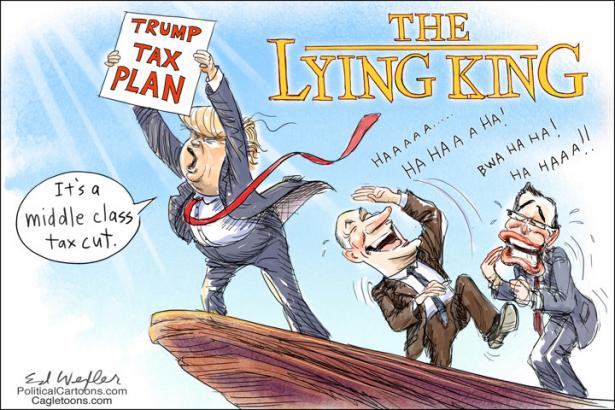
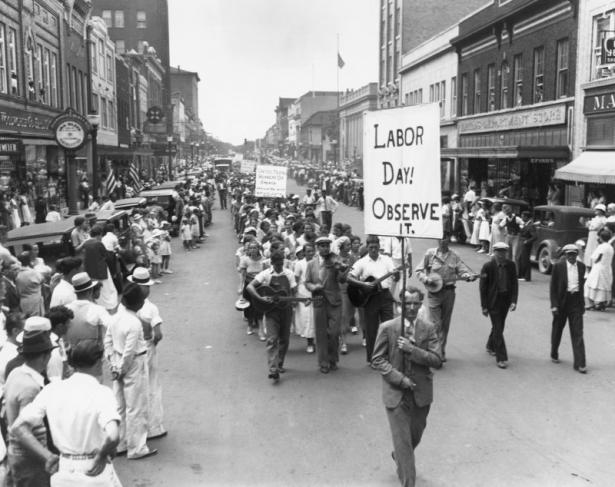


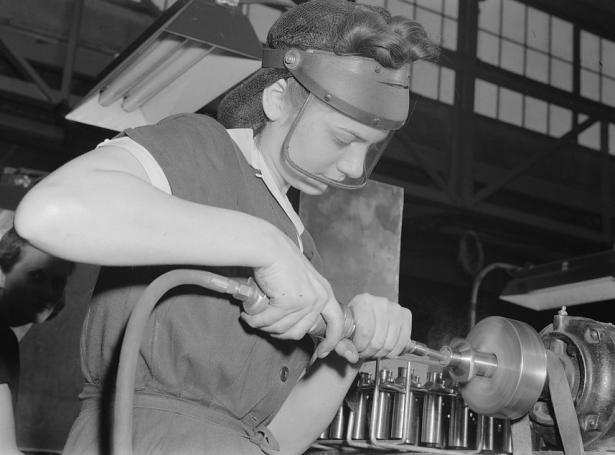
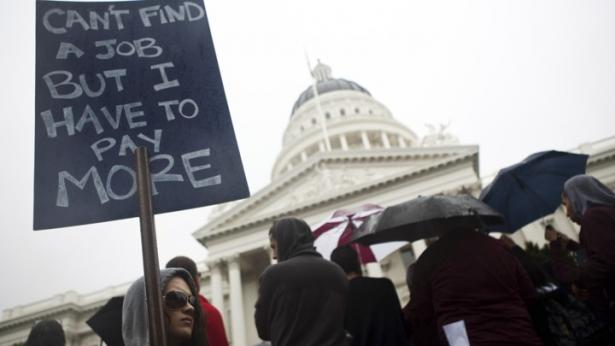

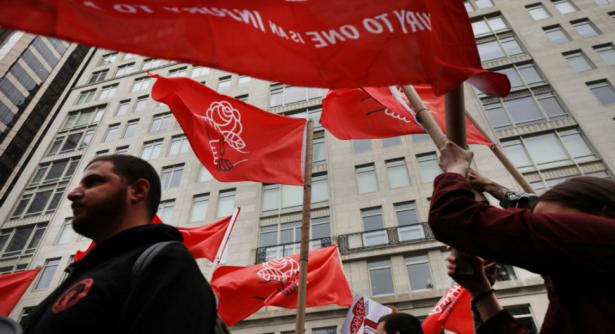
Spread the word